Find Environmental Sampling Volatile Organic Analysis (VOA) Vials from J. G. Finneran Suppliers: Claim your company for free to make updates to your profile and view your analytics dashboard ico-arrow-default-right

Find Environmental Sampling Volatile Organic Analysis (VOA) Vials from J. G. Finneran Suppliers: Claim your company for free to make updates to your profile and view your analytics dashboard ico-arrow-default-right
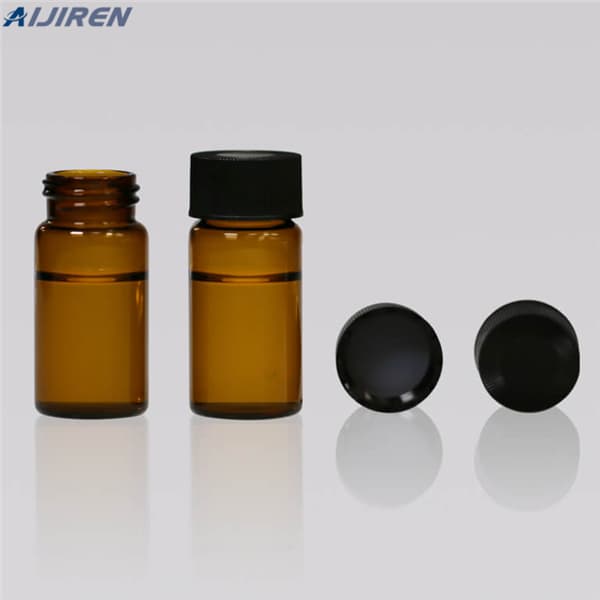
Browse Volatile Organic Analysis (VOA) Vials in the Glass Dynamics, LLC catalog including Item #,Item Name,Volume Capacity,Size,Color,List Price
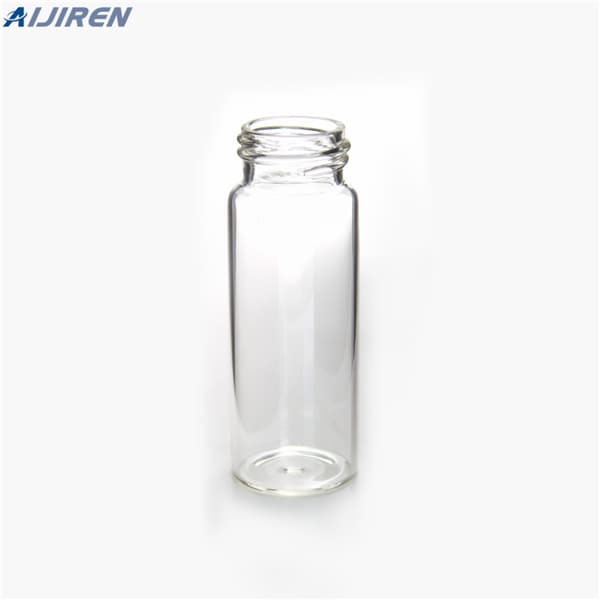
These Precleaned Volatile Organic Analysis (VOA) Vials are assembled with solid top white polypropylene caps and are PTFE lined. As CLASS 2 (Pre-cleaned) containers the vials are processed according to E.P.A. recommended Volatile Organic Compounds (VOCs) In Drinking Water
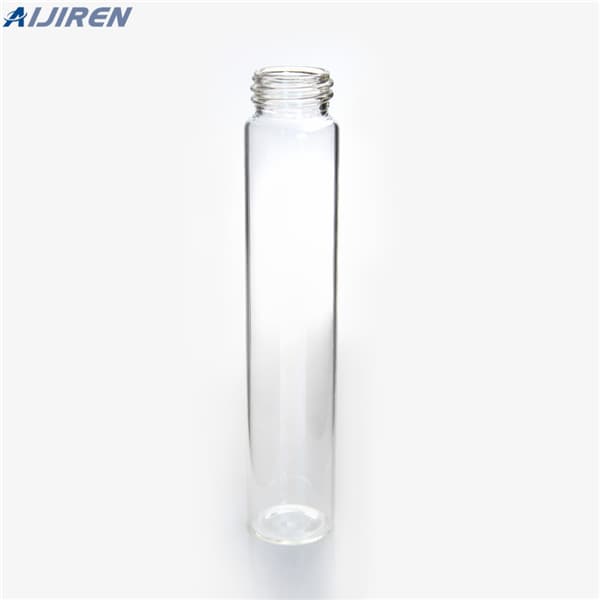
Thermo Scientific™ Economy Certified VOA Vials with 0.125″ Septa are designed for water sample collection for volatile organic analysis (VOA). You get our standard 40mL VOA vials, processed and Certified to meet EPA Performance Based Specifications for Volatile Organic Analysis.
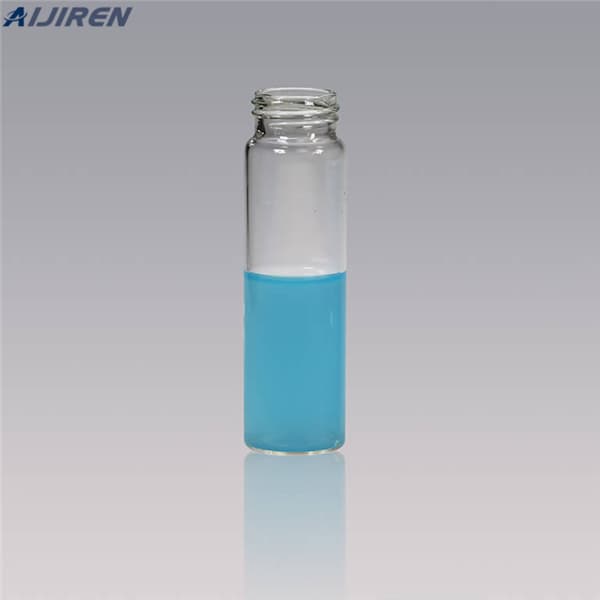
The ACD reduces composition of the organic solvent, focusing the analyte onto the trap column and producing higher retention, maximizing peak trapping. 3,4 Finally, the MS compatible mobile phase from the 2D pump flows through the trap, transferring the trapped peak to the 2D UPLC column for analysis mass detection (Figure 2D).
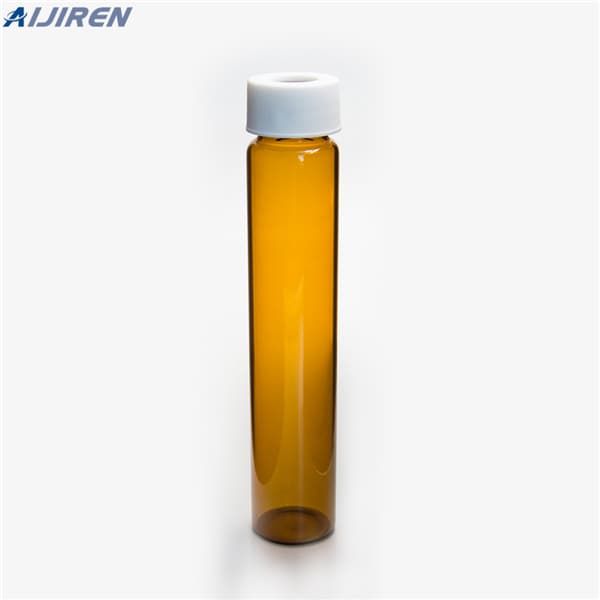
sample vials cooled below 10 °C was installed on the Centurion WS autosampler. The experimental parameters are listed in Tables 1 and 2. GCMS-1502 Gas Chromatograph Mass Spectrometer Shimadzu Guide to US EPA Methods 524.3 and 524.4 for Analysis of Volatile Organic Compounds in Drinking Water Anne Jurek, EST Analytical Figure 1: Shimadzu GCMS-QP2010 SE
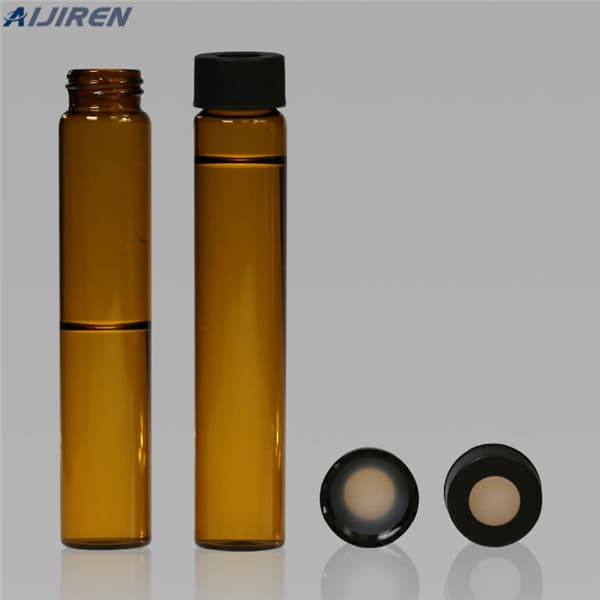
This application brief demonstrates the use of a Plasmion SICRIT cold plasma ionization source coupled to a Waters ACQUITY QDa Detector to directly assess the volatile organic profiles in real time of bioplastic bags.
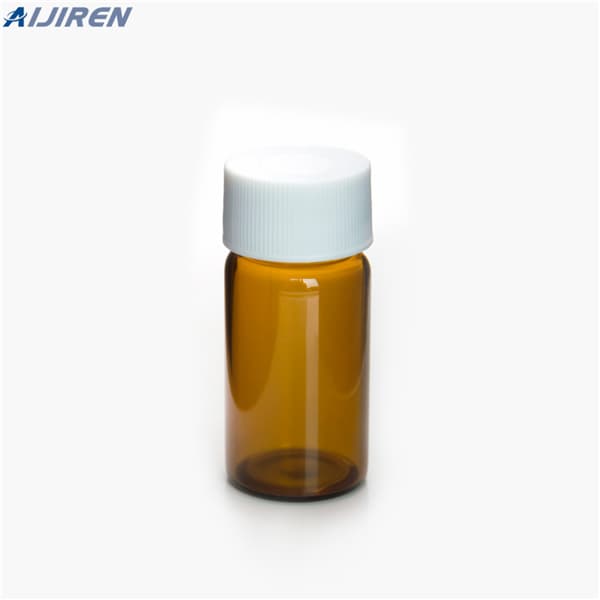
Generally used for volatile organic compound analysis and sample storage, our 20mL, 40mL, and 60mL VOA vials are available in clear or amber borosilicate glass with our patented .125" PTFE/Silicone Top Hat™ septa. The patented septa, designed by J.G. Finneran, provides a positive physical lock between the septa and closure to assure that
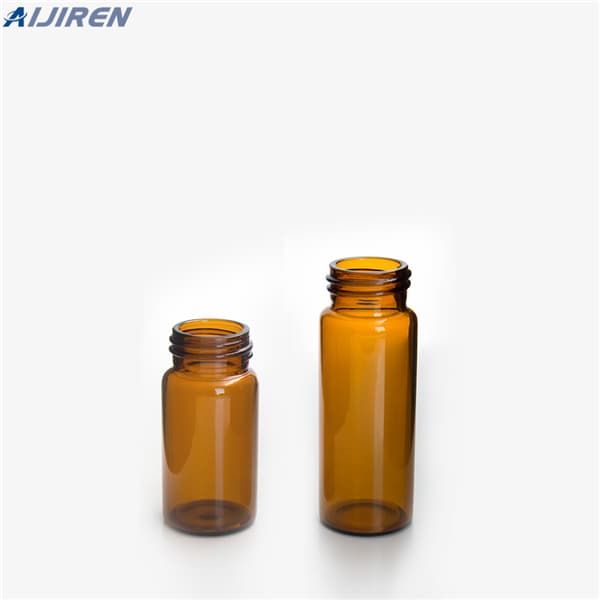
In an environmental analysis context, the VOC designation, or volatile organic contaminants , generally refers to the analysis of compounds in environmental samples with the following chemical properties:+. Low boiling points (below 200°C) Low vapor pressures. Low-to-medium water solubility. Organic compounds.
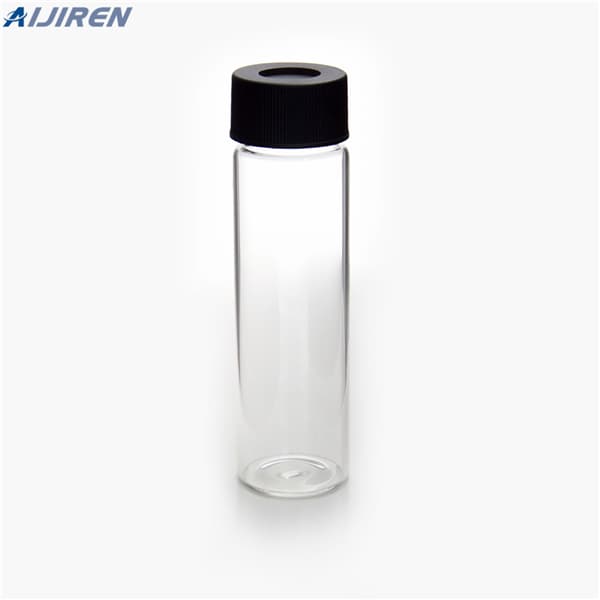
Volatile Organic Chemicals (VOCs) Sampling Guide Sampling Procedures: 1. Obtain the proper sample containers for the VOC or EPA 524, 624, or 8260 method. MTA uses three 40 ml voa vials preserved with HCl. 2. Tap each vial in the upright position to drain the preservative from the cap. DO NOT RINSE VIAL BEFORE COLLECTION.
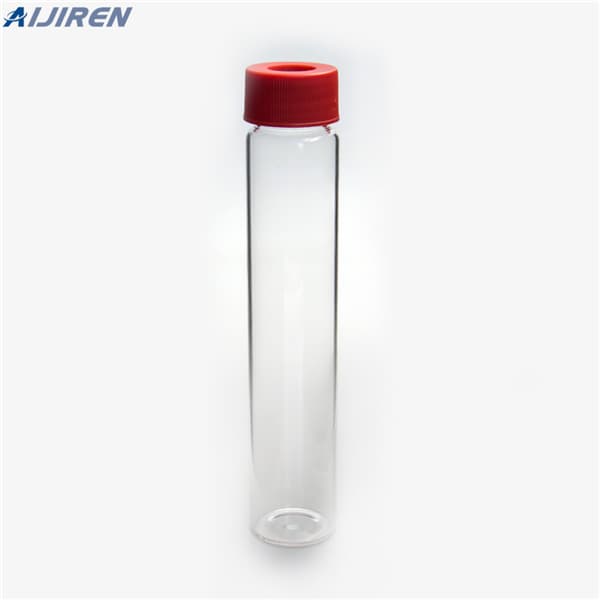
Volatile Organic Compounds (VOCs) in water. Analytical Method Purge and Trap, Headspace (Static or Dynamic) - GC/MS or GC/PID (PBM). Introduction . This method is applicable to the quantitative determination of volatile organic compounds in water samples. Analysis for VH w6-10 is often conducted concurrently. Method Summary

The analysis of volatile organic compounds (VOCs) in environmental water samples is usually performed by either headspace (HS) or purge and trap (P&T), with separation by gas chromatography (GC) and detection by mass spectrometry (MS). The P&T technique uses a continuous fl ow of carrier gas to purge any volatiles from the matrix onto an
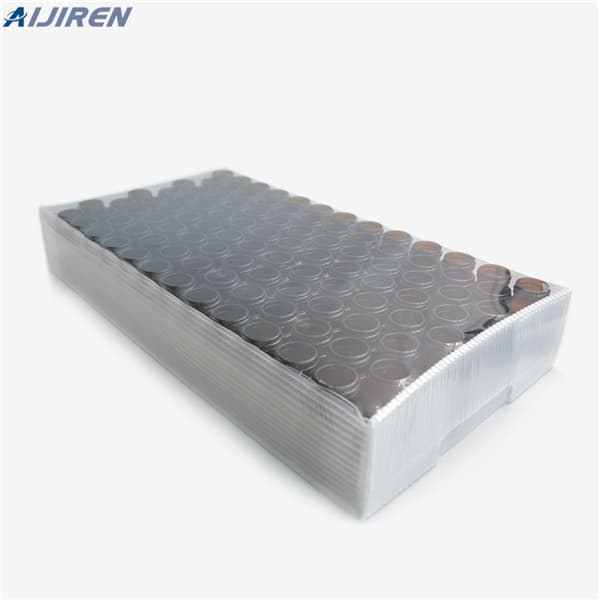
Volatile Organic Analysis (VOA Vials), Solid Top Closures, Class 2. $57 and up. 10-425mm Big Mouth Screw Thread Vials, 12x32mm. $115 and up. 11mm Aluminum Crimp Seals, Ultra Low Bleed Septa. $183.58. $181 and up. WISP™ Style Vial & Screw Thread Closure Preassembled Convenience Packs. $26 and up.

LC – Non volatile organic analytes (e.g. polymers) MS – identification and quantification UV - Quantification INTRODUCTION When using an automated GC-MS or LC-MS system, the final extract of a sample preparation protocol is usually transferred into a 96-well plate or a 2-mL glass vial.